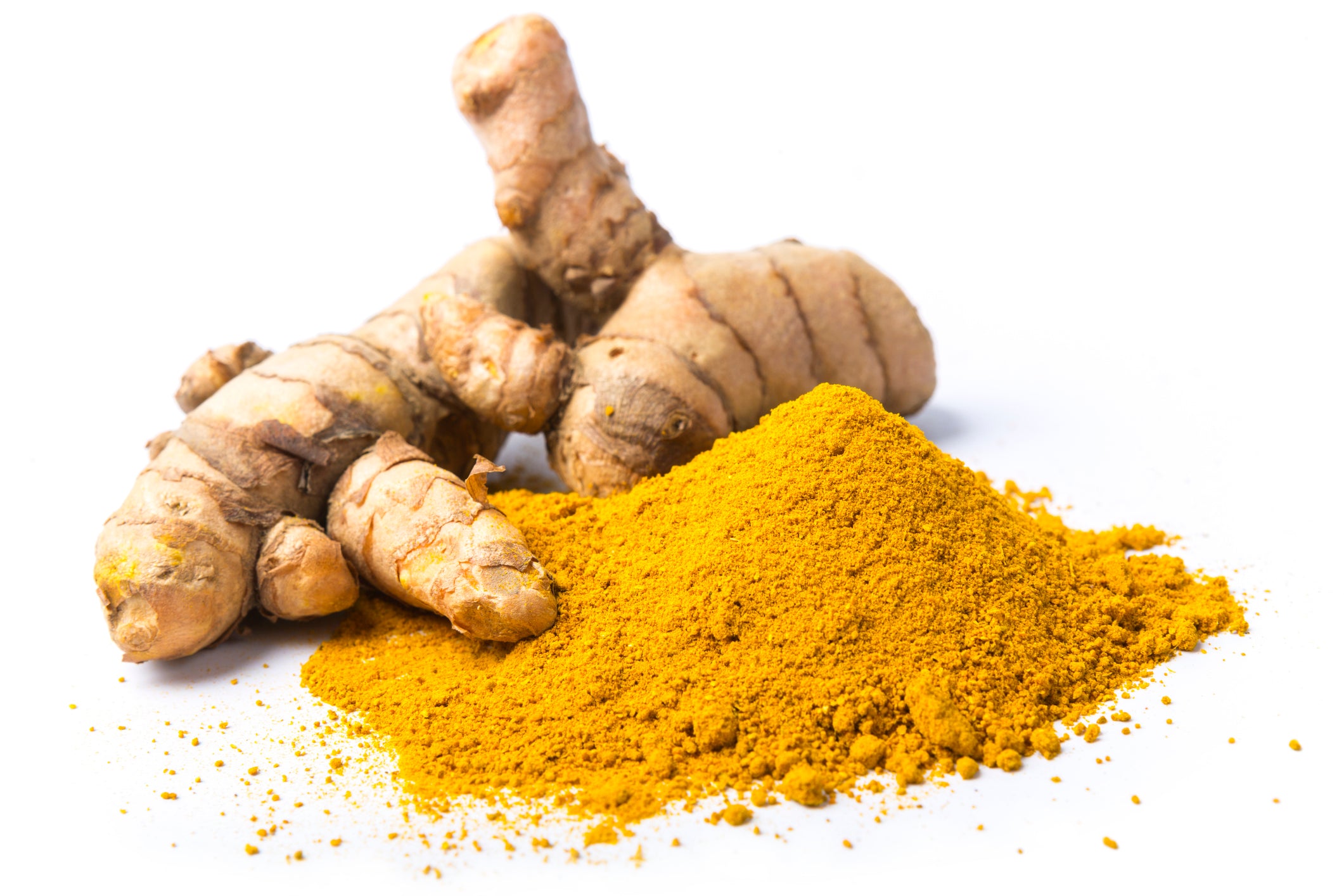Happy Wednesday everyone! Welcome back to our Curcumin Corner! A brief recap from our last curcumin blog is that we discussed the impact of curcumin on minimizing and alleviating joint pain caused from inflammation by turning off the proinflammatory signaling pathway NF-kB. Today we will continue along those lines and expand that topic towards inflamed tissues and abnormal tissue growth, specifically at the site of the endometrium.
Tissue inflammation of the endometrium plays a huge role in the body’s gynecological ability to function normally. A dysregulation of immune functions (aka an anomalous secretion of cytokines and chemokines) can contribute towards pelvic pain and infertility.
Just as we talked about last week, NF-kB is the primary pathway responsible for regulating inflammation in the body’s signaling system by producing proteins such as cytokines and chemokines. These proteins are secreted by cells within the immune system that have directional influence on other surrounding cells and tissues. When these proteins transmit information to other cells, they create a sense of disruption in the natural flow of cell communication.
NF-kB does not do its inflammatory work alone, however, but is aided by other signaling molecules including inhibitor of nuclear factor k-B kinase subunit a/B (IKKa/B), signal transducer, and activator of transcription 3 (STAT3), and c-Jun N-terminal kinase (JNK). Each of these pathways are upregulated during inflammation and contributes to the increased secretion levels of chemokines and cytokines.
In a fairly recent study, the effects of curcumin on normal endometrial stromal cells (NESCs) and eutopic endometriosis stromal cells (EESCs) were analyzed by targeting the above listed inflammatory signaling molecules and measuring the corresponding expression levels of various cytokines and chemokines.
Within the study, dose- and time-dependent parameters were established to analyze the intracellular uptake of curcumin, proinflammatory interleukin (proteins related to immune response regulation), cytokine and chemokine secretion, and the phosphorylation and total expression of proinflammatory signaling molecules in cell culture models for NESCs and EESCs.
Curcumin’s influence on these cells was examined with appropriate controls and at concentrations of 1-40 ug/ml for 24, 48, and 72 hr. Analyses were carried out through inverted epifluorescence microscopic imaging, immunoblot (WB analysis), and a certain magnetic bead-based assay. Three independent experiments were performed for each analysis.
The results revealed that curcumin does indeed reduce the secretion of cytokines and chemokines from NESCs and EESCs. Several proteins were measured from the prepared media that showed curcumin’s efficacy to inhibit 10-15-fold cytokine and chemokine secretion. Of the selected proteins, only 2 of the 22 analyzed in this study did not express secretion inhibition.

Curcumin was also seen to affect the phosphorylation and total expression levels of IKKa, IKKB, NF-kB, STAT3, and JNK proteins in both NESCs and EESCs. Overall, higher doses of curcumin prompted significant inhibitory activity among IKKa, IKKB, and NF-kB in ESCs. The total expression of JNK was significantly decreased by curcumin. Because JNK activates STAT proteins, it was also shown that in EESCs the phosphorylation of these two proteins were significantly inhibited by curcumin.
This study (among others) confirms curcumin’s anti-inflammatory, antiproliferative, and antiangiogenic properties as a well-known phytonutrient that offers effective supplementation to aid in inflammation throughout the body. Let’s keep exploring its benefits and continue learning why curcumin is so amazing!







0 Comment